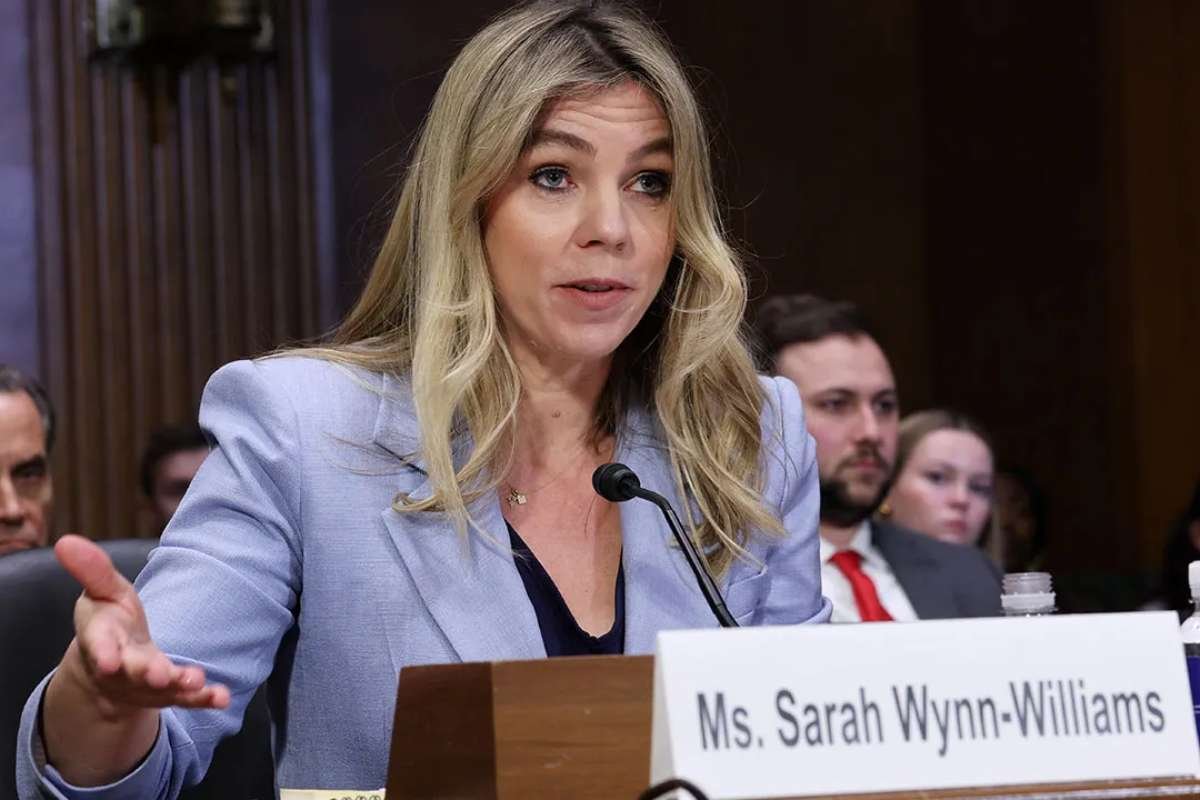Key Points:
- Gag Order: Meta silences Wynn-Williams over memoir.
- Financial Risk: Faces bankruptcy from $50k fines.
- Reform Push: UK debates NDA and whistleblower rights.
Sarah Wynn-Williams, a former senior public policy director at Meta, has found herself at the center of a storm after the release of her memoir Careless People: A Cautionary Tale of Power, Greed, and Lost Idealism. The book details troubling episodes inside one of the world’s most powerful technology companies, including allegations of sexual harassment by a top executive, censorship practices involving China, and concerns about the platform’s effect on young users.
Meta, however, has rejected the accusations, calling the book misleading and filled with recycled claims. The company insists that Sarah Wynn-Williams was dismissed for poor performance and toxic conduct, and it maintains that an internal investigation found her harassment complaints to be unsubstantiated. The starkly different accounts have fueled a growing debate about how global corporations handle whistleblowers and their ability to control damaging narratives.
Legal Pressure and Threat of Bankruptcy
The most pressing challenge facing Sarah Wynn-Williams is not only reputational but financial. Under the terms of her severance agreement, she is bound by strict non-disparagement clauses that prevent her from criticizing the company publicly. A recent court order reinforced those restrictions, effectively silencing her from discussing the book or expanding on its contents.
The penalties for breaching the agreement are steep. Wynn-Williams faces potential fines of up to $50,000 for each violation, a figure that could quickly spiral into financial ruin. Supporters fear she may be driven into bankruptcy if these penalties are enforced. While no payments have yet been collected, the looming threat has placed her under immense financial strain. Adding to the pressure, promotion of her memoir has been curtailed, though a paperback edition is scheduled for release next year.
Meta argues that the legal restrictions are standard measures designed to uphold contractual obligations. Critics, however, see the order as an aggressive attempt to silence a former insider and deter others from coming forward. The case has now become emblematic of the growing tension between corporate power and whistleblower protections.
Political Fallout and Calls for Reform
The controversy has spilled into the political arena, sparking fierce debate about the use of non-disclosure agreements and the rights of employees who expose misconduct. Lawmakers in the UK have voiced concern that such agreements are being weaponized to suppress accountability, particularly in cases involving harassment or discrimination. The Employment Rights Bill currently under discussion includes provisions to outlaw NDAs in these contexts, reflecting mounting public pressure for reform.
Advocates argue that Sarah Wynn-Williams’s case highlights the dangers of unchecked corporate influence and the chilling effect legal threats can have on whistleblowers. Supporters stress that silencing individuals who raise alarms about harmful practices allows damaging corporate cultures to persist unchecked.
For her part, Wynn-Williams has expressed gratitude for the growing scrutiny of her case and emphasized the broader stakes at play. She has urged others with knowledge of corporate malpractice to speak out, warning that silencing voices of dissent ultimately enables harm to spread. As the legal and political battles intensify, her story has become a rallying cry for stronger protections for those willing to challenge powerful institutions.
Visit CIO Women Magazine to read more.









